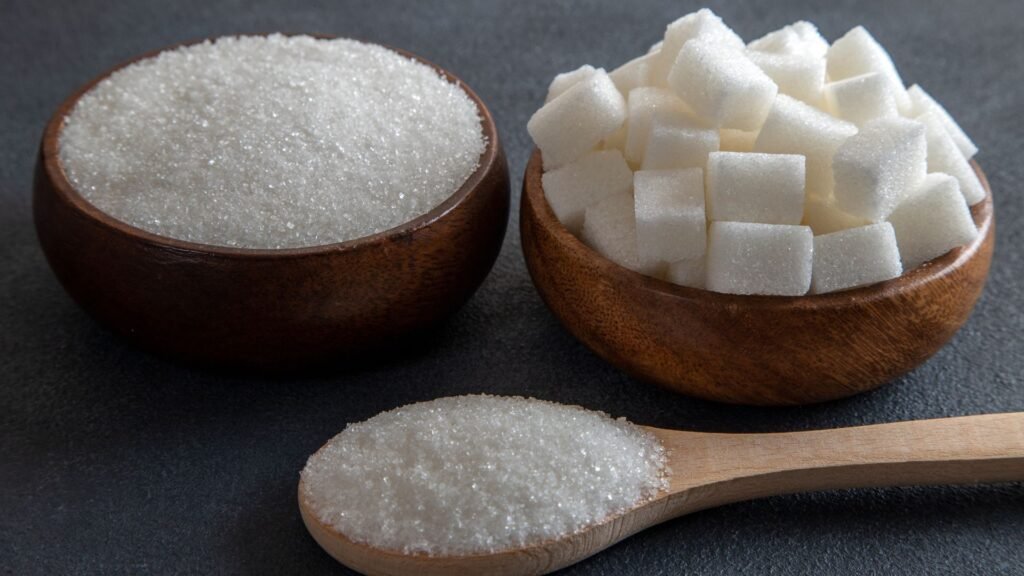
In contemporary society, sugar has become a fundamental component of our daily diet. From indulgent desserts to refreshing drinks, sugar is ubiquitous in our meals. However, have you ever wondered if sugar could be addictive?
A recent study published in the British Journal of Sports Medicine addresses this intriguing question. Researchers have found that refined sugar, in its processed form, can have drug-like effects on our body. Like substances such as cocaine, refined sugar can activate certain areas of the brain related to addiction.
When sugar undergoes the refining process, it becomes pure white crystals, a process that makes it resemble drugs like cocaine. This processed form of sugar can trigger reactions in our brain that make us crave more and more sugar, creating a cycle of dependence similar to that experienced with drugs.
One of the key aspects of sugar addiction is its impact on the brain’s reward system, especially on the release of dopamine. Dopamine is a neurotransmitter associated with the sensation of pleasure and reward. When we consume sugar, a release of dopamine occurs in the brain, making us feel good and motivating us to seek more sugar to experience that pleasant sensation again.
Historically, our diet used to include less refined sugar, focusing on fruits and natural fiber-rich foods. However, today, processed sugar is found in a wide variety of foods, which can have negative consequences for our health, such as contributing to obesity and diabetes.
Furthermore, animal studies have shown that sugar can be as pleasurable as cocaine and can trigger addiction-like symptoms such as cravings and withdrawal syndrome. These effects are due to sugar’s ability to activate chemicals in our body that make us feel good but can also lead to a cycle of dependence.
Understanding how sugar can affect our body, especially through its influence on dopamine release, is essential for making healthier dietary choices. By being aware of sugar’s potential addictive effects and its relationship with dopamine, we can opt for more balanced alternatives and take better care of our health in the long term.
In summary, refined sugar in its processed form can have drug-like effects on our body, activating areas of the brain related to addiction and affecting dopamine release. By being aware of these effects, we can make informed decisions about our diet and promote a healthier lifestyle.
Reference: DiNicolantonio JJ, O’Keefe JH, Wilson WL. Sugar addiction: is it real? A narrative review. Br J Sports Med. 2017. Available at: http://bjsm.bmj.com/content/early/2017/08/23/bjsports-2017-097971

